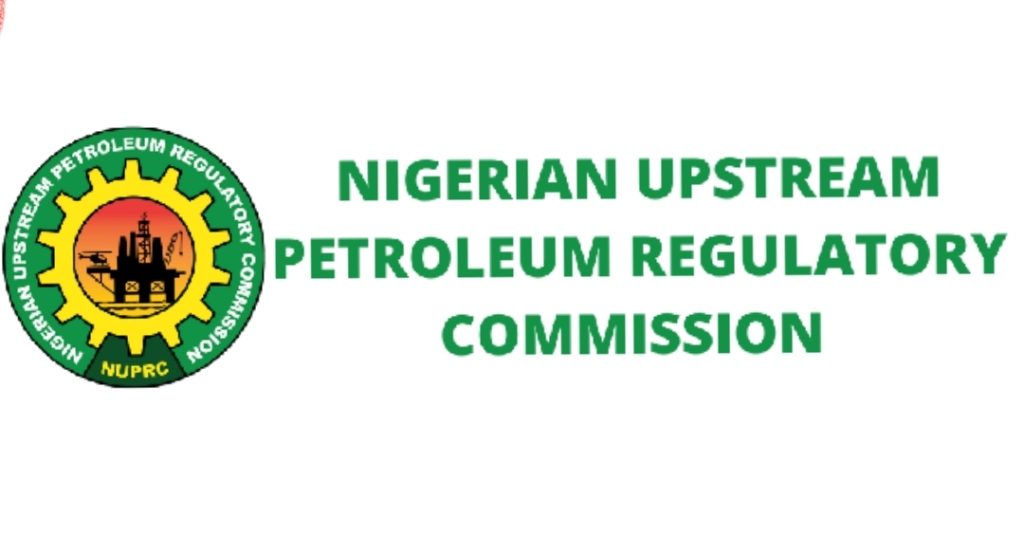The Nigerian Upstream Petroleum Regulatory Commission (NUPRC) has revealed a concerning statistic regarding the deep offshore licensing in Nigeria: out of the 42 licenses granted over the past three decades, only six have seen development. This information was disclosed by Mr. Victor Otobo, the Head of the National Oil and Gas Excellence Centre, during the recent Kenna Partners Energy Dialogue held in Lagos. The dialogue focused on critical themes such as divestments, re-investments, and the future of oil and gas in Nigeria, with Otobo attributing the lack of development primarily to funding constraints and technological challenges. To address these issues, the NUPRC has taken steps to streamline its tax regime, effectively reducing the tax burden on operators and clarifying the regulatory processes to entice potential investors.
Otobo emphasized the commission’s commitment to fostering a conducive environment for investment in the sector through various measures, including modifications to the Petroleum Industry Act. These changes aim to simplify tax requirements by eliminating the complicated Petroleum Profit Tax and instead implementing the Hydrocarbon Tax and Royalties. The NUPRC’s proactive approach also includes facilitating divestments by establishing a clear notification and application process for companies looking to divest their interests in government-awarded assets. This process ensures thorough due diligence, allowing the commission to assess whether the assets are free from encumbrances and capable of transitioning without transferring liabilities.
Despite the established processes for divestment and the regulatory framework support, challenges persist once ministerial consent has been granted. New assignees often struggle to meet their financial obligations, leading the commission to introduce Alternative Dispute Resolution Centres in Lagos and Yenegoa. These centers are designed to address disputes swiftly, highlighting the ongoing struggles within the sector. The Minister of State for Petroleum Resources, Heineken Lokpobiri, echoed these sentiments, noting that the ministry is acutely aware of the funding challenges in the global energy sector and is striving to create a more favorable environment for investment. In response to the challenges posed by the global energy transition, the ministry has initiated dialogues with other oil-producing African nations, paving the way for the establishment of a $5 billion African Energy Bank aimed at funding oil and gas projects independently from Western influence.
The dialogue also featured insights from Prof. Fabian Ajogwu, a Senior Partner at Kenna Partners and a Senior Advocate of Nigeria. He stressed the importance of examining the energy sector closely, especially given the trend of international oil companies (IOCs) withdrawing investments from Nigeria in favor of other African nations. Factors including security challenges, host community issues, and unfavorable costs of production are seen as contributors to this divestment trend. Ajogwu urged indigenous operators to acquire these divested assets and formulate comprehensive strategies to address the visible issues, including effective engagement with host communities, adopting a leaner operational model, and prioritizing security measures.
Despite these challenges, Ajogwu identified significant opportunities in deep offshore exploration, which is regarded as one of the most promising areas globally. Even though costs are higher than onshore operations, advancements in technology have made deep offshore environments more cost-efficient than they were a decade ago. Ajogwu urged the need for government intervention to stimulate foreign direct investment by implementing lower royalty rates, simplifying the regulatory framework, providing a clear licensing process, and offering incentives for gas development. This approach would create a more attractive investment landscape and drive growth within the deep offshore sector, which holds considerable untapped hydrocarbon reserves.
In summary, while the NUPRC’s announcement of limited development in Nigeria’s deep offshore domain is concerning, the response from regulatory bodies and stakeholders suggests a determined effort to overcome the challenges presented. Streamlined regulations, tax reforms, and institutional support through dispute resolution mechanisms represent steps toward revitalizing the sector. The collaboration with other African nations to secure funding through the African Energy Bank indicates a forward-thinking approach to address the funding challenges faced by the oil and gas industry in Nigeria. Ultimately, if the regulatory environment is appropriately adjusted and indigenous operators engage with the issues at hand strategically, there is significant potential for growth and investment in Nigeria’s deep offshore oil and gas sector.














